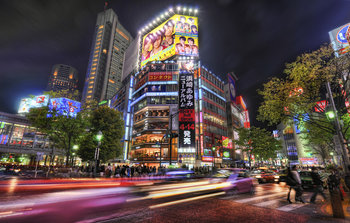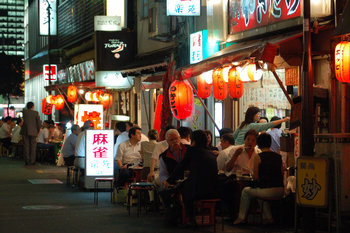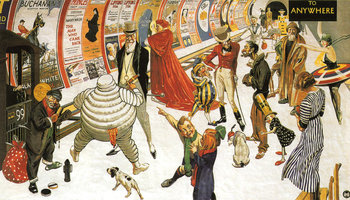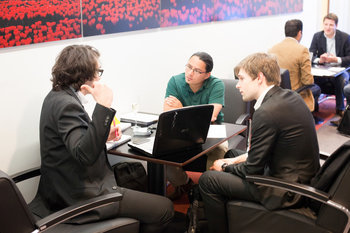
Monopoly
In many cases, a monopoly has a great deal of pricing power as they have no direct competition. For this reason, it is common for monopolies to be regulated. For example, a telecom company that owns all the networks in a city could raise prices for internet access extremely high and people would need to pay as it is an essential service.Luxury Goods
Brands with high social status enjoy significant pricing power. If a luxury brand lowers prices they typically enjoy a spike in sales but their brand may quickly lose brand value. As such, luxury brands have incentive to maintain high prices.Differentiated Products
Products and services that are viewed as superior by customers. For example, a popular mobile device offered by a strong brand may easily command both a higher price and greater market share than the closest competition.Niche Products
Products and services that offer something unique that is valued by a small subset of customers. Niche products may enjoy significant pricing power depending on the niche and their position in the market.Commodities
A commodity is something that customers view as undifferentiated. Firms selling commodity products have no pricing power whatsoever and must accept market prices.| Overview: Pricing Power | ||
Type | ||
Definition | The degree to which demand drops with increases in price for a particular firm's products. | |
Value | Firms that have pricing power tend to be far more profitable than those that must accept market prices. | |
Related Concepts | ||





























